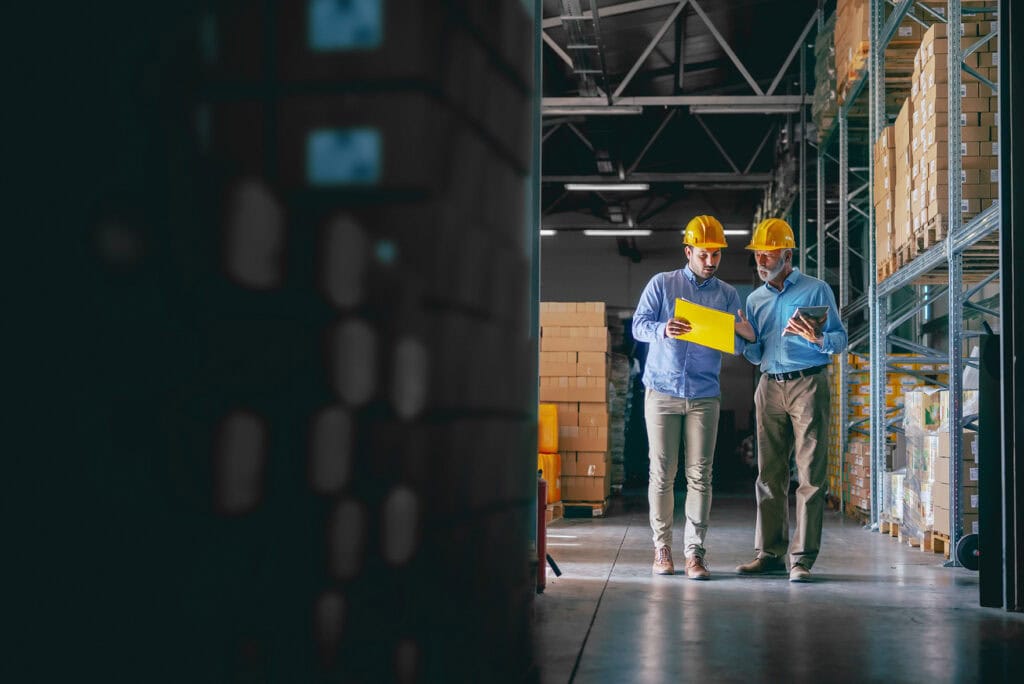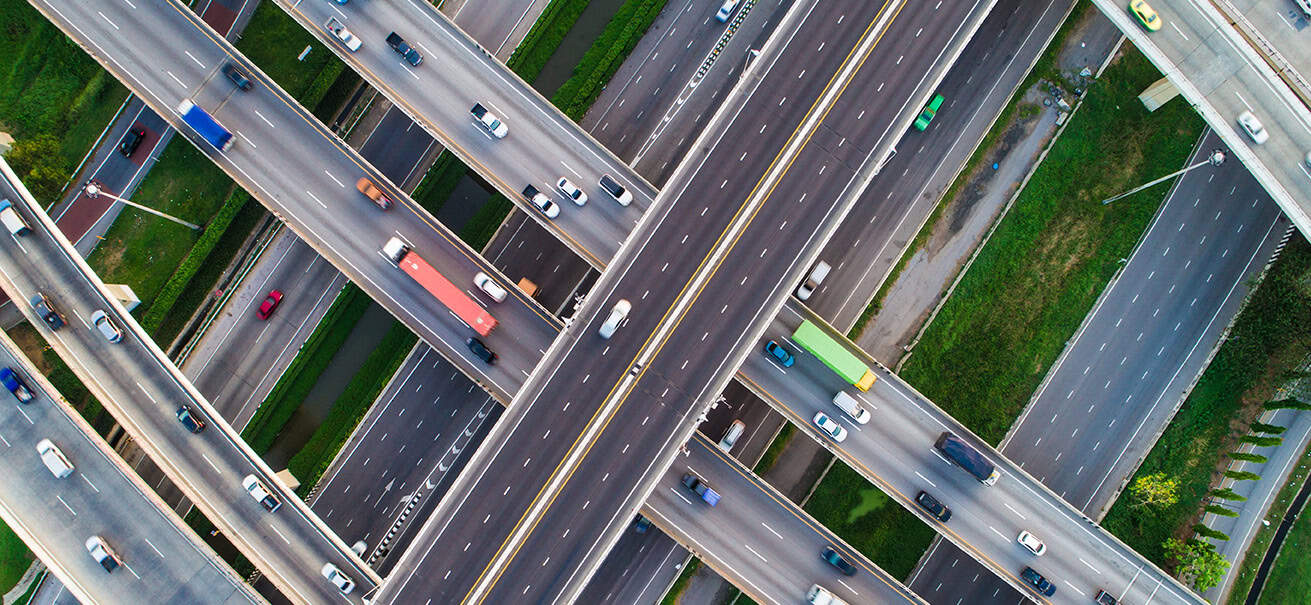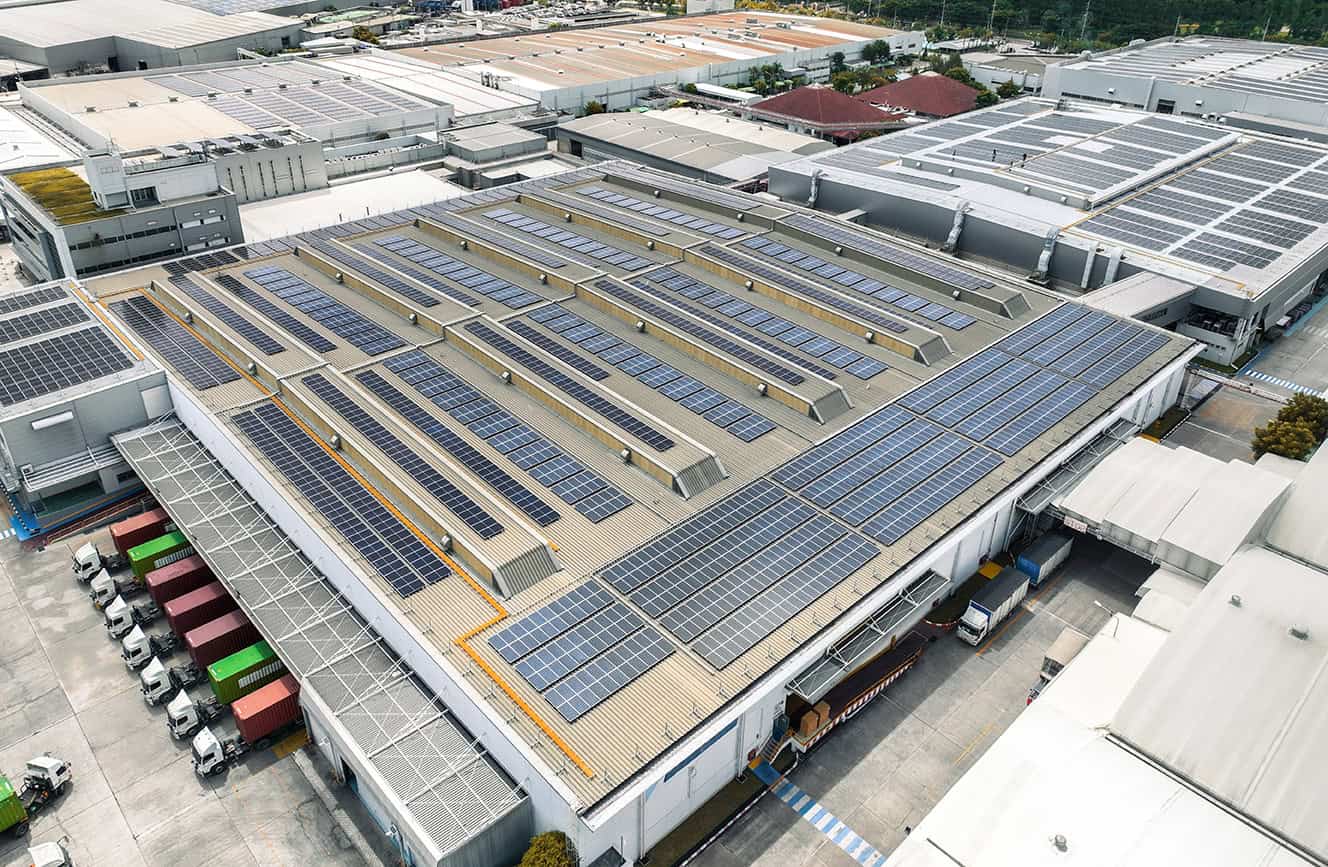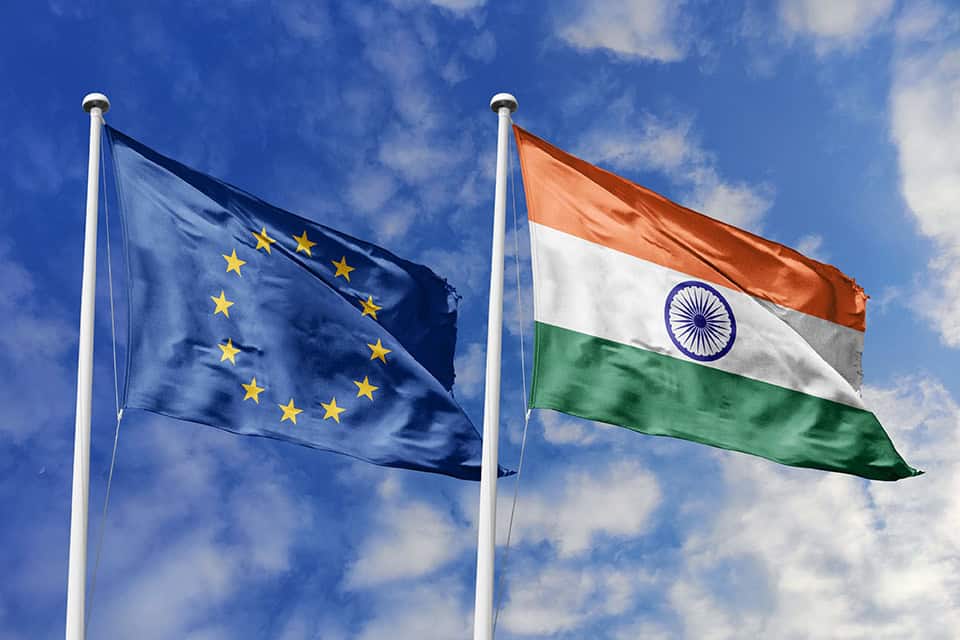
By: The e2open Global Knowledge team
The EU and Indonesia conclude negotiations on Comprehensive Economic Partnership Agreement (CEPA), paving the way for a far-reaching trade and investment act.
On September 23, 2025, the European Union and Indonesia concluded negotiations on a Comprehensive Economic Partnership Agreement (CEPA) in Bali, finalizing the text after nearly a decade of talks. Negotiations for the EU-Indonesia Comprehensive Economic Partnership Agreement (CEPA) began in 2016 to strengthen trade and investment ties between the EU and Southeast Asia’s largest economy. Over 19 formal rounds were held between 2016 and 2024, covering goods, services, investment, and sustainability.
Tariff elimination and trade benefits under CEPA
At its core, the EU-Indonesia Comprehensive Economic Partnership Agreement (CEPA) is a sweeping commitment to liberalize trade in goods. The agreement eliminates tariffs on over 98% of tariff lines, effectively covering nearly all trade by value between the two economies. This means that nearly all goods traded between the EU and Indonesia will benefit from reduced or zero tariffs.
The European Commission estimates that EU exporters will save approximately €600 million annually in customs duties once the agreement is implemented. These savings are expected to directly benefit businesses across sectors, especially those engaged in industrial and agri-food exports. Importantly, the agreement is designed for immediate impact:
- 80% of the trade benefits, including tariff eliminations and reductions, will take effect as soon as the agreement enters into force
- The remaining tariff cuts will be phased in over a five-year period, allowing industries time to adjust
Key benefits of CEPA for economic sectors
- For the EU: Agri-food, chemicals, machinery, and automotive industries
- For Indonesia: Palm oil, textiles, footwear and processed foods
Indonesia will remove high duties on industrial products
- Motor vehicles: Currently subject to tariffs of up to 50%, these will be phased out over five years, boosting EU automotive export competitiveness
- Machinery & electrical equipment: Most items will become duty-free immediately upon entry into force, with remaining tariffs being eliminated within five years
- Pharmaceuticals: Largely duty-free from day one, with any remaining tariffs removed within three years
- Chemicals: Tariffs will be mostly eliminated at entry into force, remaining after five years
EU agri-food exports will benefit
- Processed foods: Currently facing tariffs of up to 30%, many products such as coffee, cocoa-based products, and other packaged goods, will become duty-free immediately, while others will be liberalized after a short transition period
- Dairy products: With tariffs up to 10%, most dairy exports will enjoy immediate duty-free access, boosting EU competitiveness in Indonesia’s food sector
- Meat products: Tariffs ranging from 5% to 20% will be mostly eliminated at entry into force, opening new opportunities for EU meat producers
Tariff elimination for major Indonesian exports
- Palm oil: A major export for Indonesia, it will gain improved access while being addressed through a sustainability-focused protocol
- Textiles and garments: Will benefit from reduced tariffs, supporting Indonesia’s strong apparel industry
- Footwear: Will gain duty-free or lower-cost access to EU consumers
Strategic and sustainable trade under CEPA
CEPA supports trade in strategic goods, such as electric vehicles, renewable energy components, and critical raw materials like nickel and cobalt, which are vital for the EU’s green and digital transitions. The agreement also includes a protocol on palm oil, creating a platform for dialogue on regulatory developments and sustainability issues.
Rules of origin for EU-Indonesia trade
The EU-Indonesia CEPA establishes clear rules of origin to ensureonly goods substantially processed in EU or Indonesia qualify for tariff preferences, safeguarding the integrity of the agreement. Origin documentation follows modern self-certification standards, simplifying procedures for businesses, especially small and medium-sized enterprises, or SMEs. Verification will involve cooperation between local customs authorities and may involve administrative coordination between the EU and Indonesia.
CEPA to expand market access and grow investments
Beyond goods, CEPA expands market access in key sectors such as telecoms, energy, manufacturing, and maritime, while streamlining licensing and ensuring equal treatment for service providers. It strengthens digital trade rules, including protections for cross-border data flows and a ban on customs duties for electronic transmissions, and enhances transparency in government procurement.
The agreement also establishes frameworks for intellectual property, technical standards, and customs cooperation. Positioned within a growing economic partnership, €27.3 billion in goods trade (2024), €8.8 billion in services trade (2023), and €25.1 billion in EU investment stocks, CEPA is expected to accelerate investment in strategic sectors like electric vehicles, electronics, and pharmaceuticals.
Why CEPA matters
For the EU, CEPA supports diversification in the Indo-Pacific, securing market openings and a predictable framework for critical raw materials and cleantech supply chains. For Indonesia, it promises stronger access to a premium consumer market and an upgraded regulatory environment that boosts investor confidence. The agreement’s dedicated chapters address good regulatory practice, transparency, SMEs, and economic cooperation.
Timeline and implementation for CEPA
CEPA is not yet signed; rather, negotiations are concluded, and the text now undergoes legal review and translation beforeratification on each side. Indonesian officials target January 1, 2027, for entry into force, contingent on completion of all formalities. In the interim, policymakers and stakeholders will align implementation, including sustainability and palm oil workstreams and the staged tariff schedules outlined by the EU.
Ready to navigate regulatory changes with confidence?
Global trade agreements like CEPA create opportunities—but they also introduce complex compliance requirements. Staying ahead of evolving regulations is critical for protecting your supply chain and avoiding costly disruptions.
Contact us today to discover how e2open can help your company remain compliant, streamline trade processes, and adapt to regulatory changes with ease.
Sources:
- EU-Indonesia
- EU and Indonesia conclude negotiations on free trade agreement
- Kesepakatan Penyelesaian IEU-CEPA Sebagai Game Changer untuk Pertumbuhan Ekonomi – Kementerian Koordinator Bidang Perekonomian Republik Indonesia.
- Indonesia and Germany Discuss Accelerating the Finalization of I-EU CEPA – Ministry of Trade of the Republic of Indonesia
- The Long Journey of P3DN Policy: Accelerating SMEs Towards Global – BPIPI Ministry of Industry
FAQ on CEPA
1. What is the EU-Indonesia Comprehensive Economic Partnership Agreement (CEPA)?
CEPA is a free trade agreement between the European Union and Indonesia designed to eliminate tariffs, expand market access, and promote sustainable trade and investment.
2. When will CEPA take effect?
The agreement is expected to enter into force on January 1, 2027, after legal review, translation, and ratification by both parties.
3. What are the key benefits for businesses?
- Tariff elimination on most goods traded between the EU and Indonesia
- Expanded market access for services and investment
- Simplified customs procedures and modern rules of origin
- Sustainability protocols, including palm oil standards
4. How does CEPA impact supply chains?
CEPA reduces trade costs, accelerates customs clearance, and creates predictable frameworks for critical raw materials and cleantech supply chains—helping businesses align with global sustainability goals.
5. How can e2open help companies stay compliant?
E2open provides end-to-end supply chain visibility, automated compliance checks, and real-time regulatory updates to ensure your business meets evolving trade requirements without delays or penalties.





